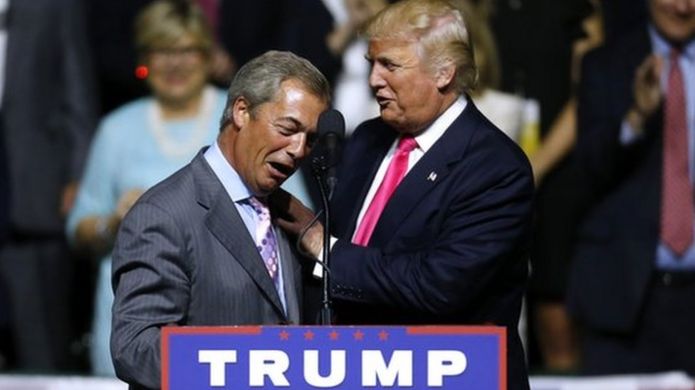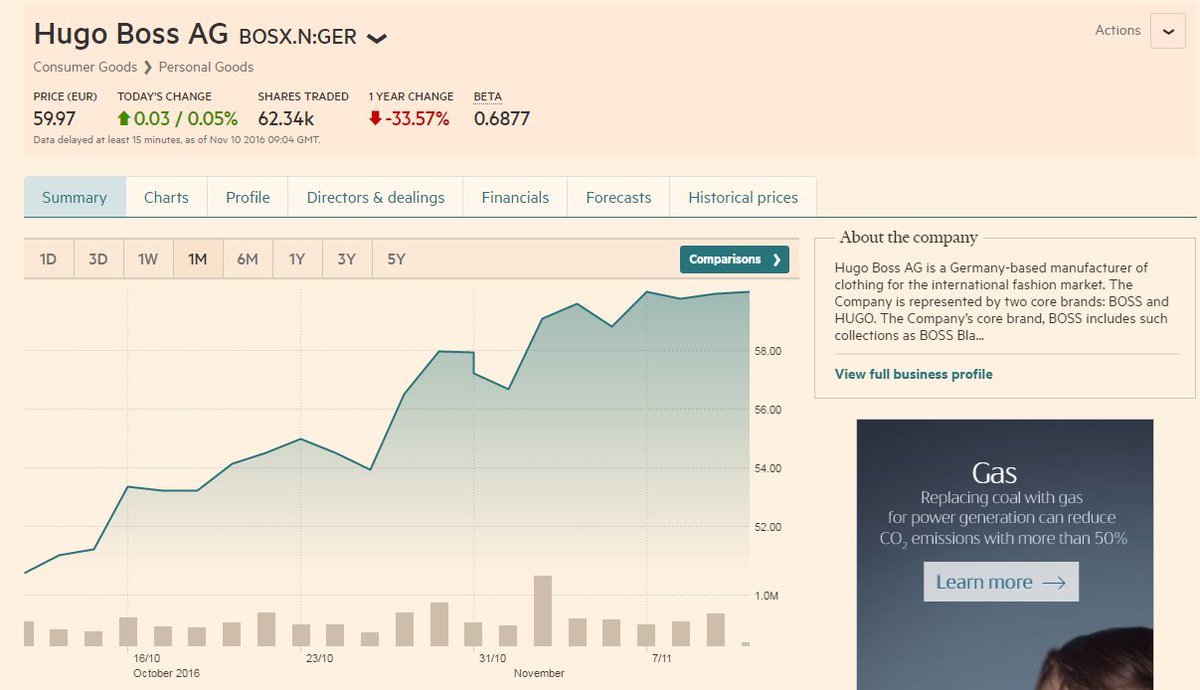Instinctively, Hillary Clinton has long seemed by far the more electable of the two Democratic candidates. She is, after all, an experienced, pragmatic moderate, whereas Sanders is a raving, arm-flapping elderly Jewish socialist from Vermont. Clinton is simply closer to the American mainstream, thus she is more attractive to a broader swath of voters. Sanders campaigners have grown used to hearing the heavy-hearted lament “I like Bernie, I just don’t think he can win.” And in typical previous American elections, this would be perfectly accurate.
But this is far from a typical previous American election. And recently, everything about the electability calculus has changed, due to one simple fact: Donald Trump is likely to be the Republican nominee for President. Given this reality, every Democratic strategic question must operate not on the basis of abstract electability against a hypothetical candidate, but specific electability against the actual Republican nominee, Donald Trump.
Here, a Clinton match-up is highly likely to be an unmitigated electoral disaster, whereas a Sanders candidacy stands a far better chance. Every one of Clinton’s (considerable) weaknesses plays to every one of Trump’s strengths, whereas every one of Trump’s (few) weaknesses plays to every one of Sanders’s strengths. From a purely pragmatic standpoint, running Clinton against Trump is a disastrous, suicidal proposition.



